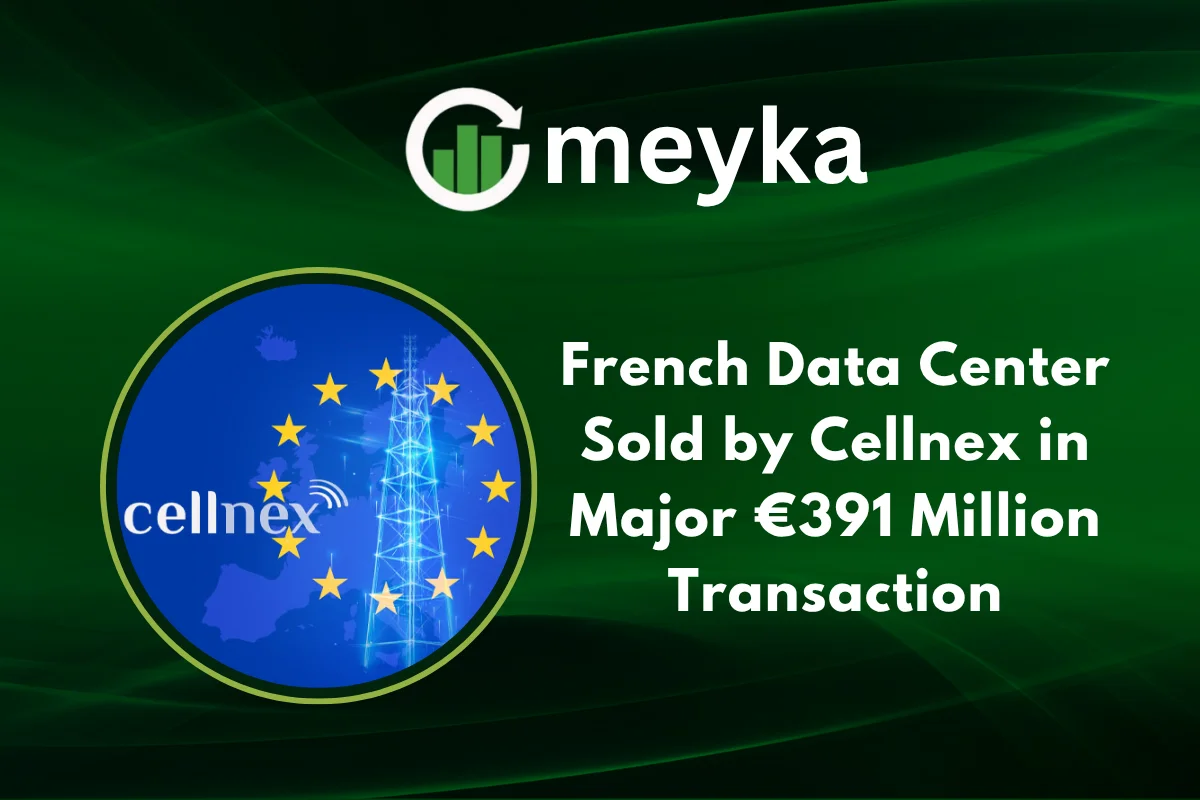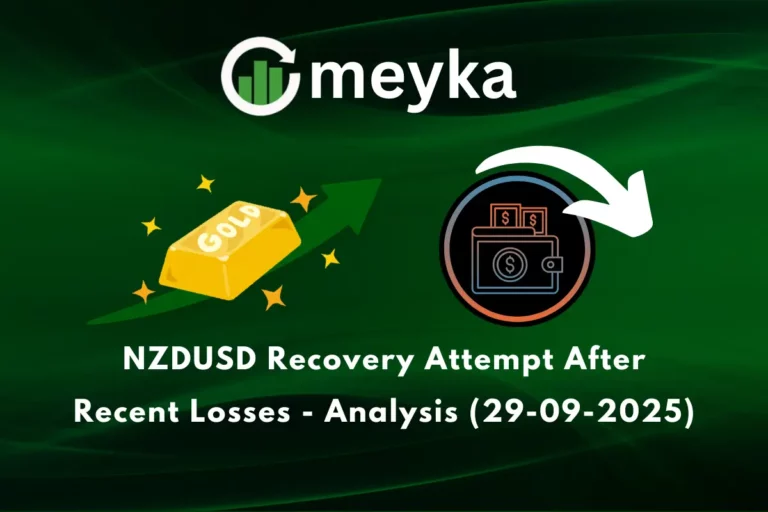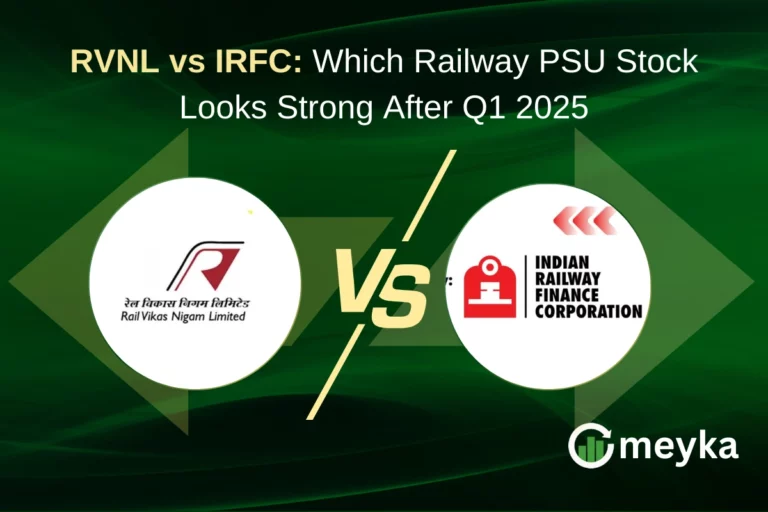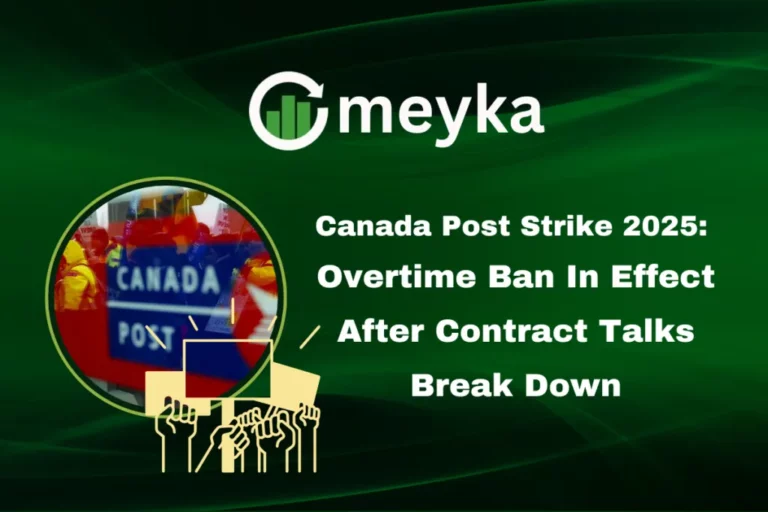French Data Center Sold by Cellnex in Major €391 Million Transaction
In a high-profile strategic move, Cellnex Telecom has announced the sale of its French data center business, Towerlink France, in a deal worth €391 million. This transaction underscores Cellnex’s shifting focus back to its telecom core assets and reflects broader trends reshaping Europe’s digital infrastructure landscape.
Why Cellnex Is Selling Its French Data Center
Cellnex, Spain’s leading independent operator of telecom towers and infrastructure, has steadily diversified in recent years, venturing into data centers and fiber networks. But in 2025, it appears to be retrenching toward what it does best, telecom towers and connectivity infrastructure.
The deal gives Cellnex an all-cash exit from its French infrastructure arms. It is executing a put option agreement in which Cellnex France can sell 99.99 % of Towerlink France to Vauban Infra Fibre (VIF).
This divestment fits within a string of asset sales: earlier this year, Cellnex sold its units in Austria and Ireland to refocus its balance sheet.
By shedding noncore infrastructure, the company intends to strengthen liquidity, reduce leverage, and redeploy capital into its core telecom operations.
Details of the Deal and Transaction Structure
- Transaction value: €391 million, fully cash-settled upon closing.
- Assets sold: The acquisition covers Towerlink France, Cellnex’s urban edge data center platform deployed in French cities, including Paris, Lyon, Bordeaux, Marseille, Grenoble, Lille, Nantes, Nice, Strasbourg, and others.
- Scope of facilities: According to NexLoop, the deployed footprint reaches roughly 1,140 m² and 362 kW, with additional under-construction capacity.
- Buyer: Vauban Infra Fibre (VIF), backed by funds from Vauban Infrastructure Partners, Crédit Agricole Assurances, and Raffles (a GIC subsidiary).
- Advisors: Cellnex was advised by BBVA and CACIB (M&A), HSFK (legal, tax), and Analysys Mason (commercial). VIF was supported by Nomura, Clifford Chance, Altman Solon, Eight Advisory, and Marsh.
- Conditions: Final closing is contingent on regulatory approvals, standard contractual conditions, and local employee consultation processes in France.
By preserving flexibility via a put option rather than an outright immediate sale, Cellnex builds in structure to optimize timing, risk, and execution.
Strategic Implications for Cellnex and the Market
Refocusing on Core Telecom Infrastructure
With the divestment, Cellnex doubled down on its core strength: telecom towers, small cells, fiber, and related connectivity services. It reduces exposure to capital-intensive data center operations and refocuses on predictable, scalable cash flows.
The funds derived from this disposal may strengthen Cellnex’s balance sheet or fuel future expansion of its tower network and fiber rollouts.
Acceleration for VIF and Edge Infrastructure Growth
For Vauban Infra Fibre, acquiring Towerlink accelerates its growth in French digital infrastructure, especially in edge data centers supporting low latency and edge computing demands. VIF already has a strong fiber footprint across France, managing over 13 million FTTH lines.
The deal also deepens relationships with key telecom customers such as Bouygues Telecom, a major client of Towerlink.
VIF plans to combine Towerlink’s assets with synergies from other digital infrastructure holdings to scale efficiency and reach.
Sector Context: Convergence, Consolidation, and Strategic Rebalancing
This transaction reflects key trends in the data center and telecom sectors:
- Companies are evaluating whether vertical integration into data centers makes sense or whether specialization yields stronger returns.
- Infrastructure funds are increasingly active buyers of digital assets (fiber, data centers, connectivity).
- Edge data centers, due to 5G, AI, IoT, and low-latency needs, are becoming a high-demand niche.
- Telecom infrastructure players are pruning non-core assets to streamline operations and reduce financial risk.
Impacts on Cellnex Stock, AI, and Future Strategy
Investors and analysts will be watching how this deal (and similar asset moves) affect Cellnex’s stock outlook. While the immediate impact may be modest, freeing capital and reducing debt could improve financial ratios and investor confidence.
Given the rise of AI stocks and the infrastructure demands AI imposes (massive compute, data center scale), the French data center sale highlights how infrastructure players are carving their niches. For those into stock research or tracking stock market trends, Cellnex’s pivot suggests that an infrastructure focus may yield more stable performance than diversifying into heavily competitive data center markets.
Going forward, Cellnex may redeploy proceeds into expanding fiber networks, densifying its tower footprint (especially supporting 5G and 6G), and exploring connectivity services in future growth markets.
Why “French Data Center” Is a Compelling Keyword
- The term French Data Center is location-specific and taps into interest in Europe’s digital infrastructure market.
- Use of the keyword in this article is integrated naturally in headings and text to satisfy SEO practices, without keyword stuffing.
- The combination of corporate strategy, transaction detail, and market context ensures depth that surpasses shallow news coverage.
Conclusion
The €391 million sale of the French data center business marks a turning point in Cellnex’s infrastructure strategy. By exiting Towerlink France, Cellnex reaffirms its commitment to telecom infrastructure, while VIF positions itself to scale in edge computing and digital infrastructure. This deal has ripple effects across the data center, telecom, and investment communities, particularly in how infrastructure assets are valued, deployed, and monetized in the AI era.
FAQs
The deal refers to Cellnex’s edge data center arm in France, specifically Towerlink France, which manages multiple small urban data center sites. Cellnex is selling 99.99 % of its share in Towerlink via a put option to Vauban Infra Fibre.
Cellnex aims to refocus on its core telecom infrastructure business, reduce debt, and free capital for tower and connectivity growth. The data center business is capital-intensive and competitive, so this sale supports strategic concentration.
The sale provides liquidity, reduces risk exposure, and can improve financial metrics, potentially enhancing investor sentiment. For those tracking AI stocks, this move highlights that foundational infrastructure adjustments are underway to support AI and digital growth demands.
Disclaimer:
This content is made for learning only. It is not meant to give financial advice. Always check the facts yourself. Financial decisions need detailed research.






